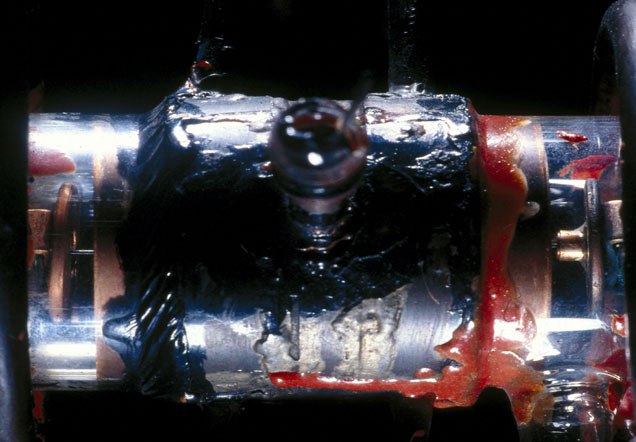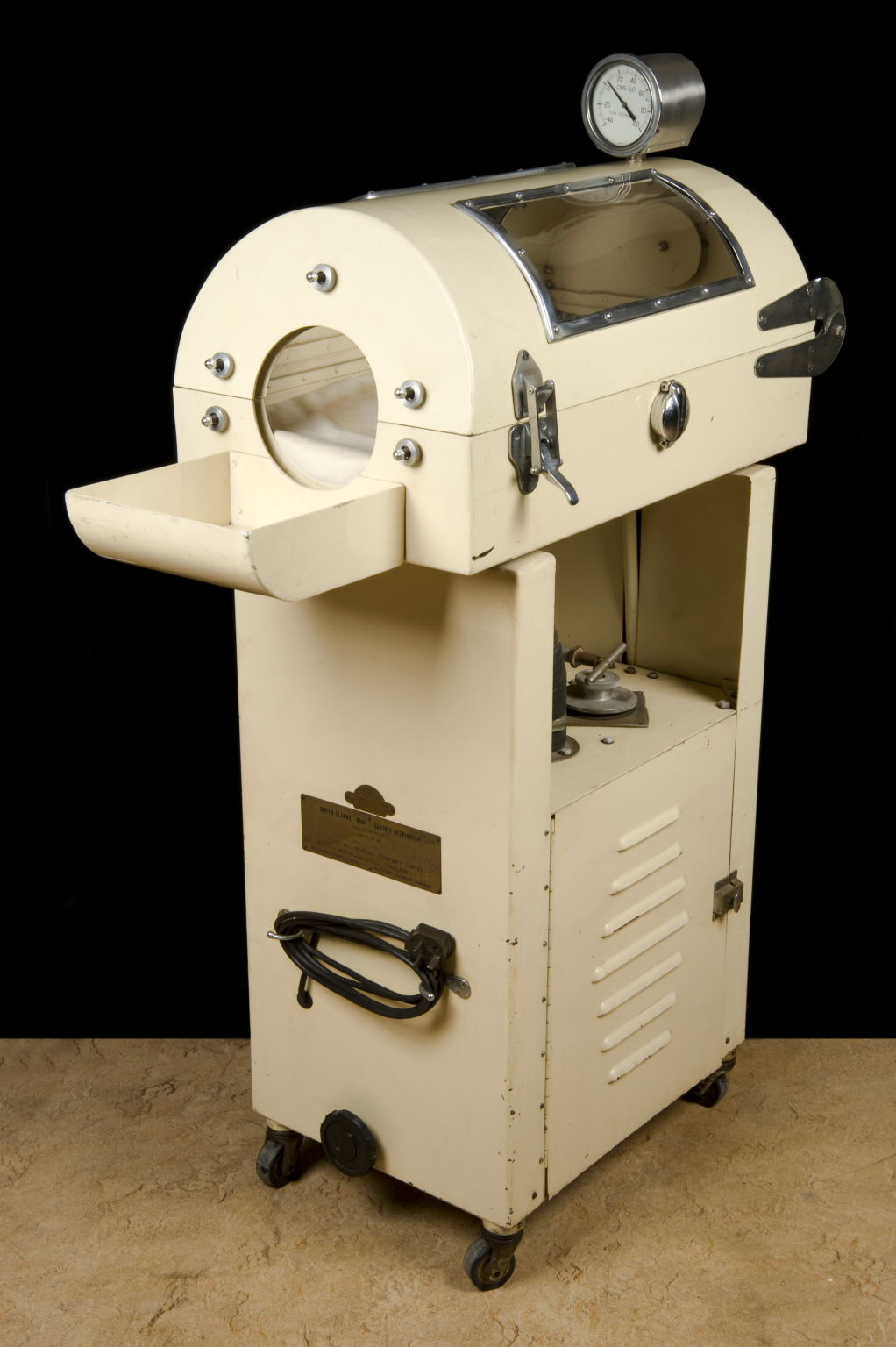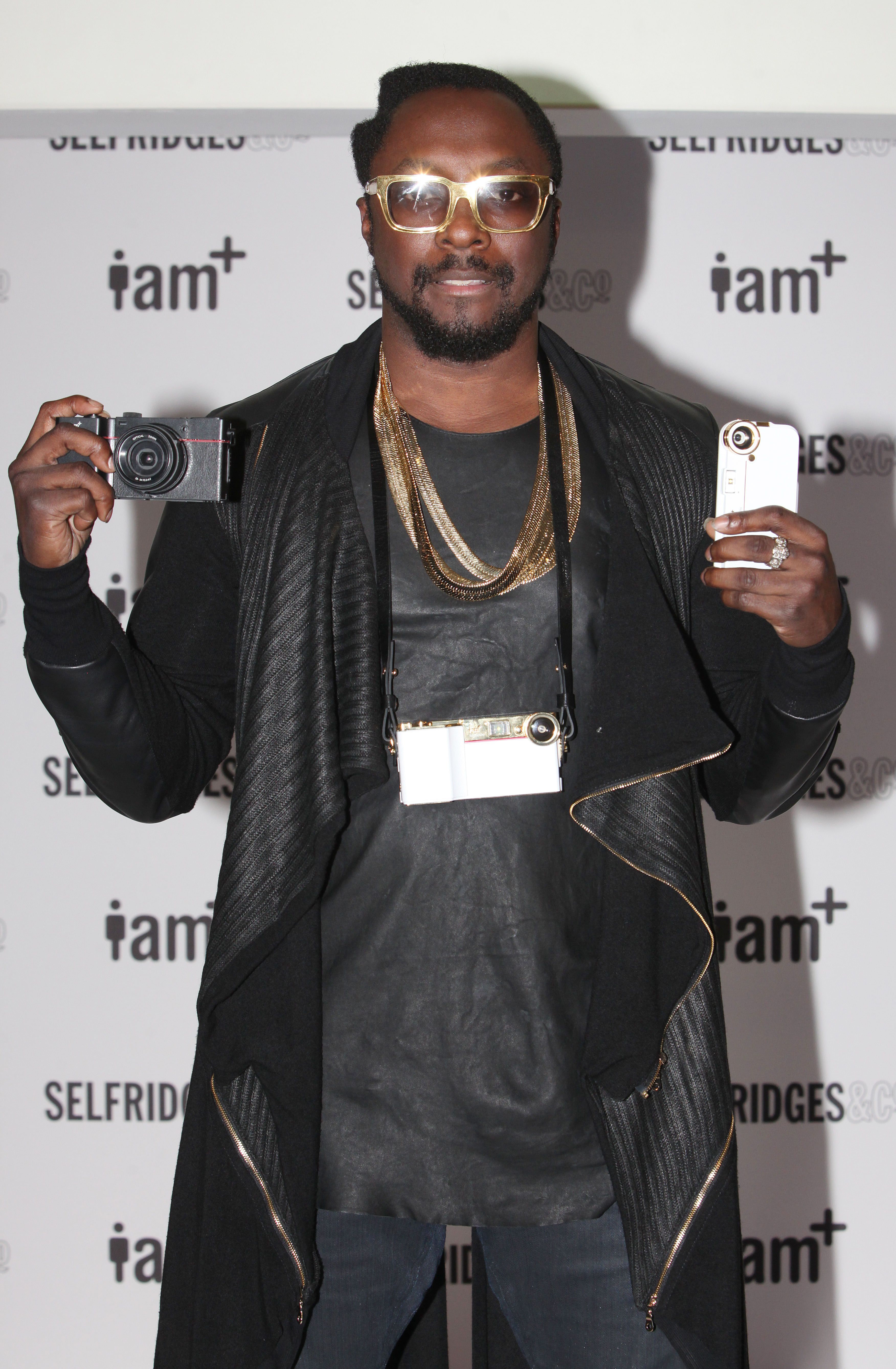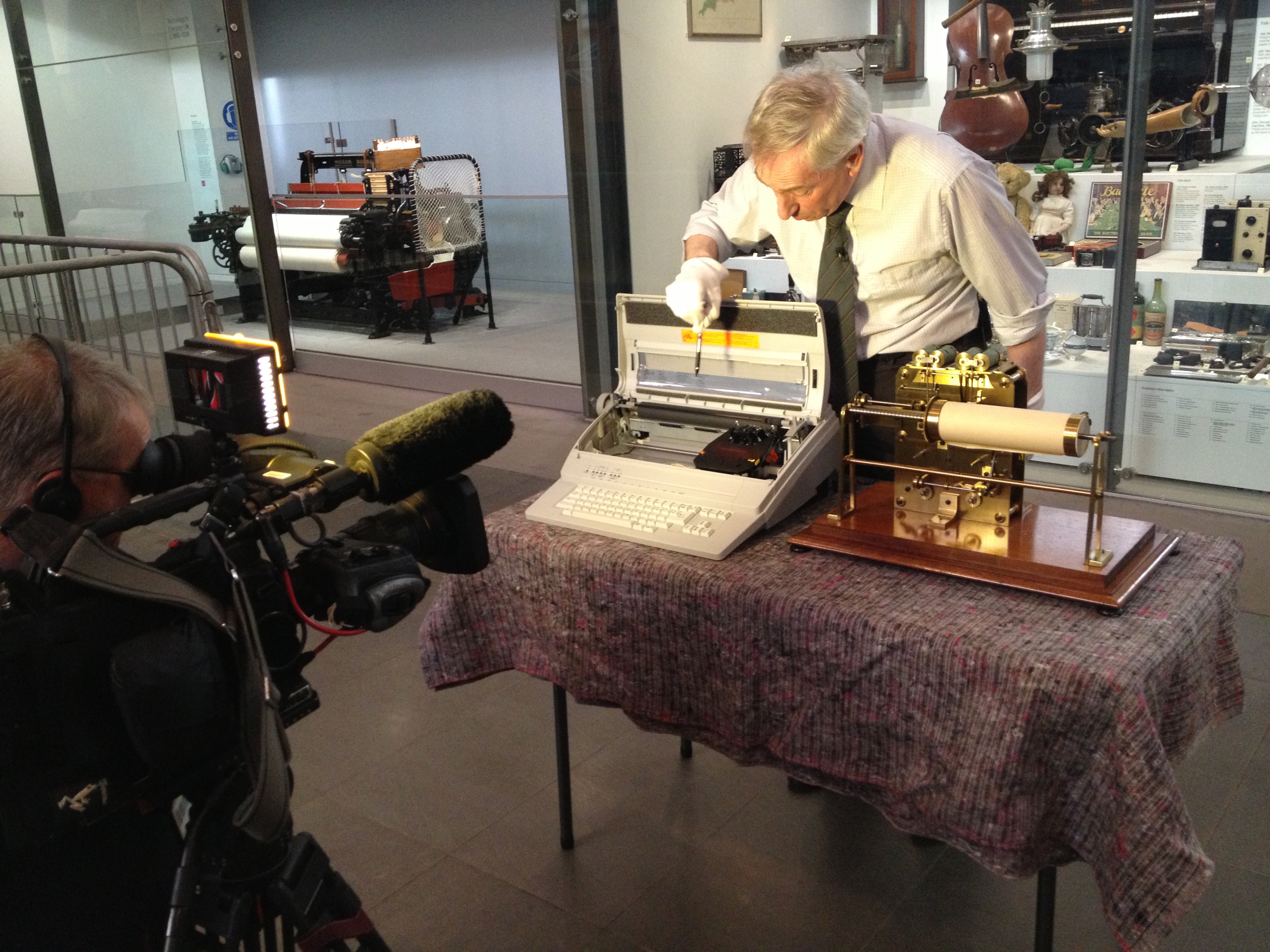“No technology has been so pervasive so quickly as the internet. Twenty-five years ago it was a mystery to most people and now several billion of us use it everyday, several times a day.” Brian Eno on why you should vote for the the World Wide Web.

You might wonder what the humble microwave oven, University of Birmingham and changing the course of World War II have in common. The answer: the cavity magnetron.

Billionaire computer entrepreneur and philanthropist, Bill Gates, is to discuss the impact of polio on humanity at this evening’s annual BBC Richard Dimbleby Lecture. His speech, which will be broadcast from the historic Royal Institution, will be supported with the visual aid of an iron lung from the Science Museum’s collection.

Ask most people what is worrying them and their answer is often personal. Ask leading thinkers and you could end up worried yourself.
The latter was put to today’s greatest science minds for this year’s annual Edge question.

The musician and entrepreneur will.i.am gave a classic demonstration of the ‘show, don’t tell’ technique yesterday as part of his quest to inspire the next generation of scientists and engineers.

Clack clack clack clack… ping! The sound of a typewriter sweeping across the page, already becoming a faint memory, will soon fall silent as the mass manufacturing of this technology ends in the UK.

Ninety years ago at 5:33pm on 14th November 1922, the first British Broadcasting Company transmitter, 2LO, crackled into life.

Would you like to explore the linked histories of science on TV and at the Museum?
This blog was written by Jared Keller, a part-time Explainer. With so many visitors flying in from abroad, security has been a hot-button issue in the capital all summer. So much so that we here at the Science Museum thought we should offer our expertise and services to make sure everything goes off without a hitch. So we’re proud to offer this – a 1930s “Burgot” Burglar and Fire Alarm. Burgot Burglar and Fire Alarm, c. 1939 ( Science […]
“Which is it to-day,” I asked, “morphine or cocaine?” He raised his eyes languidly from the old black-letter volume which he had opened. “It is cocaine,” he said, “a seven-per-cent solution. Would you care to try it?” The Sign of Four, Sir Arthur Conan Doyle, (1890) Sherlock Holmes is undoubtedly literature’s most famous cocaine user. In Sir Arthur Conan Doyle’s stories, Holmes uses cocaine in order to stimulate his brain when he wasn’t applying it to a case. The detective famously injected a […]
Last month I went to a conference marking 50 years of the UK in space. Some of the speakers reminded us many of us use space daily without even thinking about it when we watch satellite television or get directions from our GPS. I recently took delivery of a new object for the collection that also uses space – a satellite radio made for WorldSpace. The WorldSpace company was founded in 1990 and used geostationary satellites to broadcast to Asia and Africa. At […]
This artice was written by Ellie West-Thomas, Research Assistant for Electronic Music Fourteen years ago the BBC Radiophonic Workshop, who created innovative music and techniques that made it one of the most significant influences on electronic music today, closed its doors for the last time. Maida Vale Studios, the home to the workshop, was a place once filled by people brimming with ideas that changed the course of Electronic Music. The Workshop was set up to satisfy the growing demand in the late 1950s […]